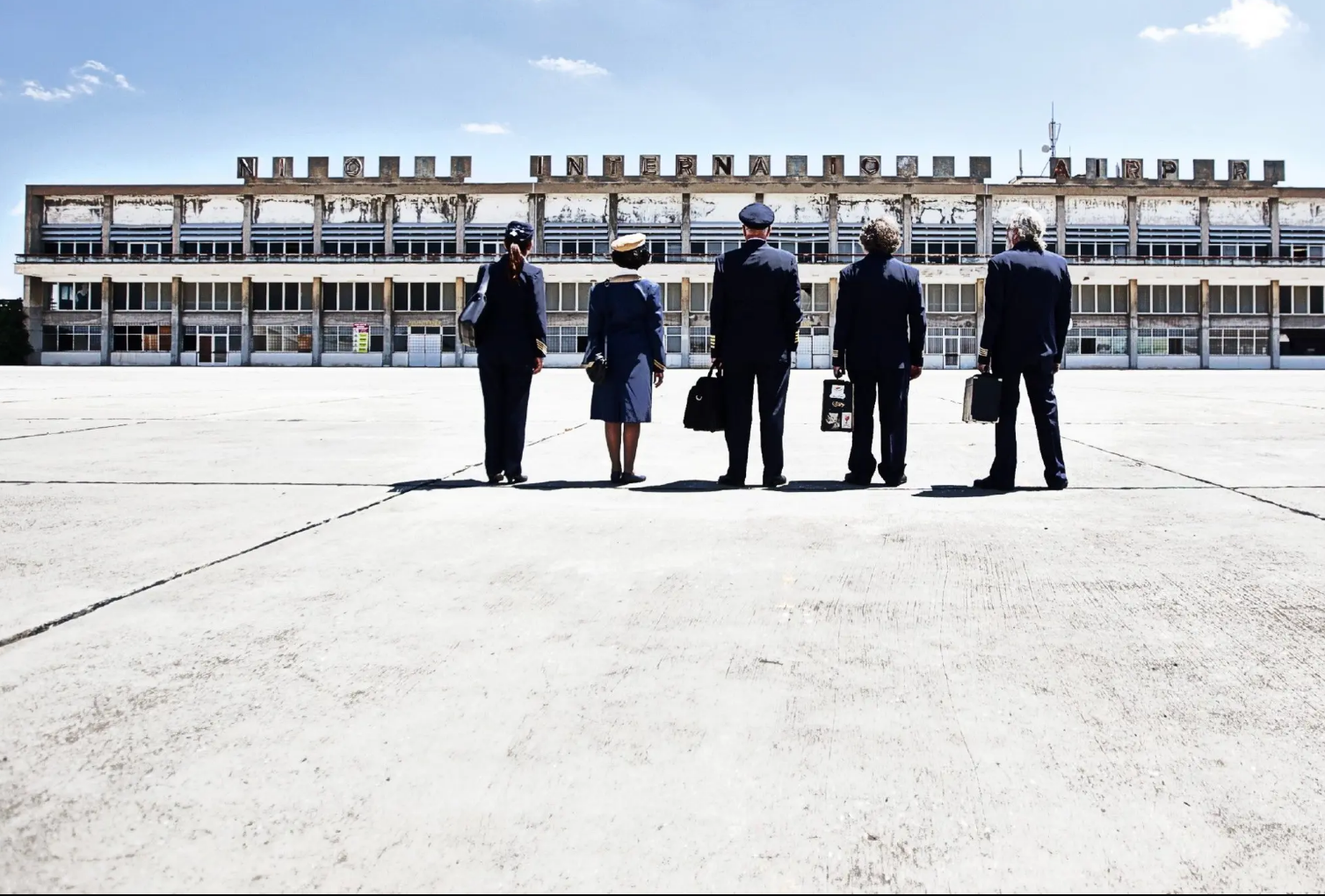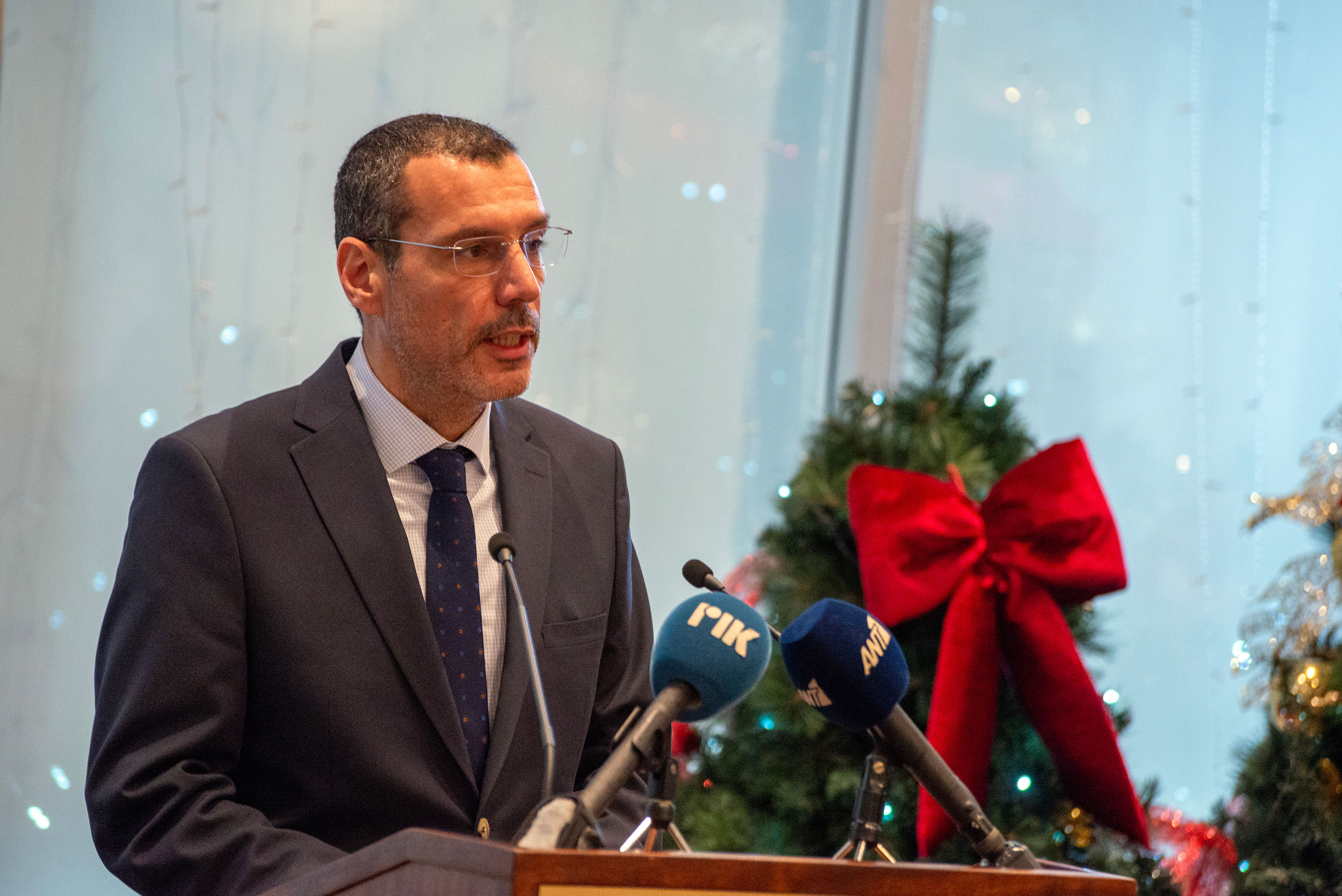President Nikos Christodoulides and his Egyptian counterpart have agreed that their countries should “coordinate” on the potential fallout from recent events in Syria, the government said on Tuesday.
Christodoulides and Egyptian president Abdel Fattah al-Sisi spoke on the phone about the unfolding situation in Syria after the toppling of the Assad government.
According to government spokesman Konstantinos Letymbiotis, the two leaders agreed Nicosia and Cairo would “be in constant coordination” over the matter, “given the stabilising role both countries play in the region”.
During the conversation, Christodoulides also briefed al-Sisi on the non-paper co-submitted by Cyprus to the EU Foreign Affairs Council a day earlier. Among other things, the document calls for tapping the former Assad government’s frozen assets to rebuild Syria.
Christodoulides and al-Sisi both “expressed their concern over potential regional consequences from ongoing developments in Syria”.
They also spoke briefly on matters relating to bilateral Cyprus-Egypt ties, ahead of the upcoming tripartite summit with Greece as well as the Cyprus-Egypt intergovernmental conference taking place in Cairo in early 2025.
Meanwhile also on Tuesday, the Asylum Service said that more Syrians in Cyprus were withdrawing their asylum applications.
Agency head Andreas Georgiades told Phileleftheros newspaper that during the first week after the fall of the Assad government, about 20 to 22 such withdrawals were made daily.
On Monday, 57 Syrians withdrew their asylum applications. And on Tuesday, 23 more came forward.
For context, there are now approximately 14,000 Syrian refugees or with legal subsidiary protection status.
Right now, Georgiades said, Syrians in Cyprus generally are waiting to see how developments shape out at home before deciding to return or not.
He explained that once an asylum application is withdrawn by the applicant, on the same day documents are sent on to the Civil Registry and Migration Department, and these cases are enrolled in the voluntary returns programme.
Authorities will issue travel documents for those holding none. Next the process begins – making arrangements for these people to return to Syria.
Because no direct flights to Syria are available, Syrians would first fly to Jordan and then from there cross overland into Syria.
Those requesting to return voluntarily get a €1,500 allowance as assistance. The government is later reimbursed by the European Union.
Other than asylum withdrawals, new asylum applications by Syrian nationals have declined substantially in recent months.
In April authorities here froze the processing of asylum applications by Syrians. However such applications are still accepted, just not processed.
Cyprus had suspended processing of the applications, citing a surge in the number of Syrian refugees arriving from Lebanon. The move was also seen as an attempt to pressure the EU to designate some parts of Syria as ‘safe’.







Click here to change your cookie preferences